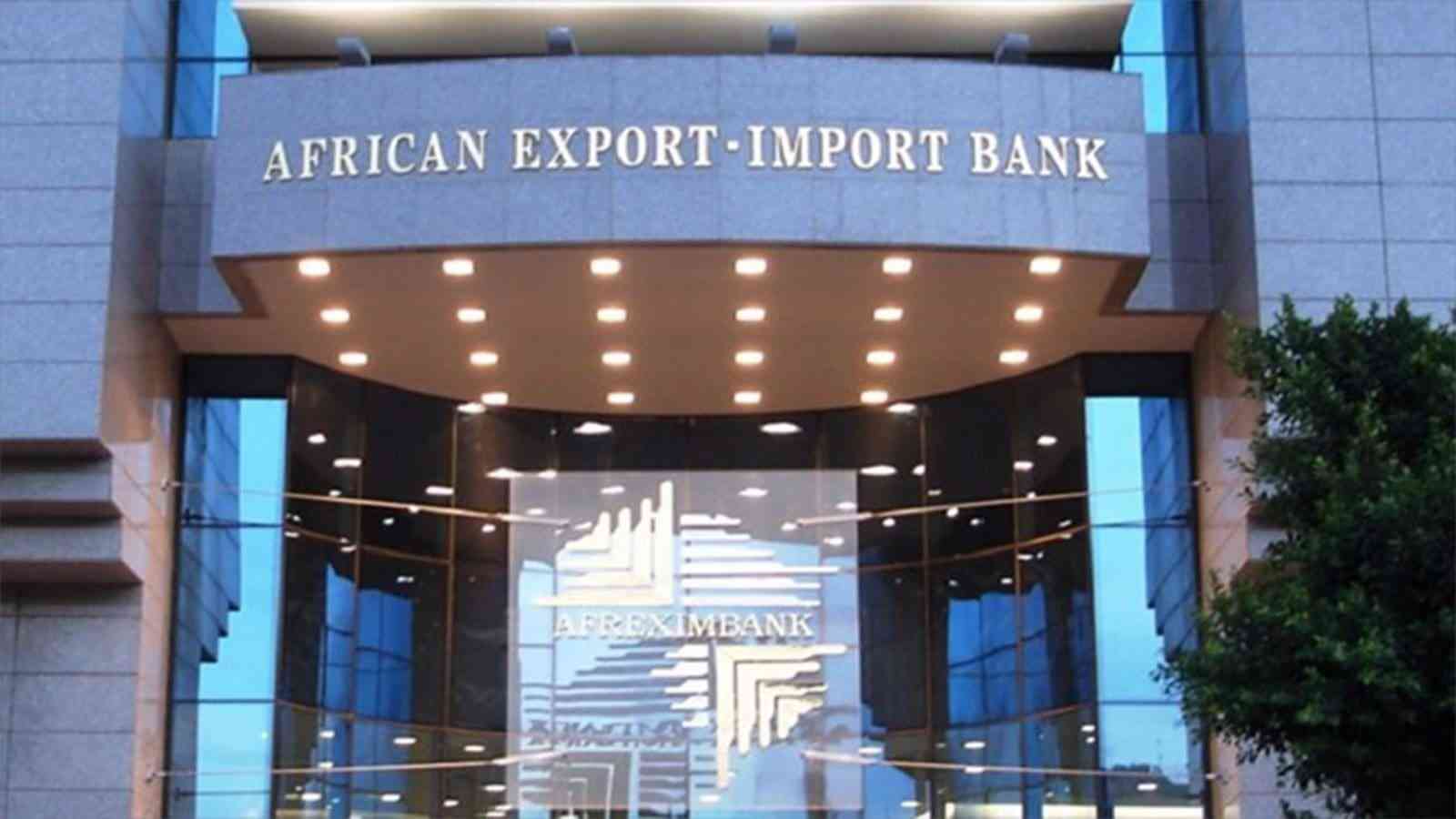
AFRICAN Export–Import Bank's (Afreximbank) consultant Ebuka Okaja says the bank provides support to buyers to source and purchase from Africa as part of its efforts to support intra-African trade.
Okaja made the remarks during a ZimTrade Buyers’ seminar held in Bulawayo on Wednesday.
The official said intra-African trade excellence was the compass in guiding Africa towards economic prosperity.
“Afreximbank provides support to export trading companies to aggregate products, fast-moving consumer goods, agricultural products and light manufacturers, from sellers,” Okaja said.
“Afreximbank provides support to buyers to source and purchase from Africa and creates a platform for relationship management.”
He added that the buyer’s role was to determine the direction of trade market demand shapers, supply chain influencers and promoters of African brands.
Okaja noted that Afreximbank had an African Buyers Programme platform which seeks to identify, attract, develop, host and maintain a dynamic database of potential buyers for ‘made in Africa/Caribbean’ products and services.
The platform identifies and connects qualifying buyers to credible suppliers of made in Africa products and services.
- Ride on existing trade agreements, Zim traders urged
- Ride on existing trade agreements, Zim traders urged
- Take advantage of AfDB funded projects, diaspora urged
- Take advantage of AfDB funded projects, diaspora urged
Keep Reading
The platform uses these buyers to create effective demand for African/Caribbean goods and services, by connecting them with qualified sellers, and providing them support to facilitate trade.
The ultimate objective ot the programme is to facilite intra-African trade under the African Continental Free Trade Area as well as with the Caribbean nations.
However, Okaja said these efforts faced challenges that included the lack of information, access to funds, historical trade patterns, informal African trade, poor trade facilitation and supply side constraints.
“Key highlights of logistics are infrastructural challenges (47,13%) payment and settlement terms (42,53%), lack of information (40,33%) represents the major challenges that affect sourcing and purchasing from african markets,” he said.
The United Arab Emirates (UAE) has become Zimbabwe’s second biggest export destination owing mostly to gold exports.
In 2023, Zimbabwe’s exports to the UAE amounted to US$1,9 billion compared to US$732 million in 2018.
“Gold, metals and precious stones dominate most exports with a value of US$1,85 billion. The United Arab Emirates has grown to become one of Zimbabwe’s biggest trading partners recently, with the country exporting minerals and horticultural products,” Okaja said.
“Good quality products, consistency in quality and supply, challenges including two-way communications (quick response from the suppliers). The prices are not competitive, exchange rate management (payment challenges).”
Foreign Affairs and International Trade permanent ministry secretary Albert Chimbindi said the government had put in place various responses to support the growth of exporters including export incentives and ease of doing business measures.
The seminar was also attended by buyers from Zambia, South Africa, Angola and the United Kingdom, among others.











